Fish and chips 'threatened by climate change'
Rising temperatures in UK waters mean that takeaway customers could be asking for battered squid with their chips

A free daily email with the biggest news stories of the day – and the best features from TheWeek.com
You are now subscribed
Your newsletter sign-up was successful
Marine experts from Exeter and Bristol universities have warned that supplies of some native British fish species may plummet as they struggle to cope with a warmer climate. The North Sea has been heating up at a rate four times the global average for the past 40 years.
The research team used climate information from the Met Office combined with data from fisheries to build a model which predicts the future of the North Sea's fish stocks over the next 50 years. Their study, published in Nature Climate Change, suggests that water depth has a bigger impact on fish habitats than previously thought, meaning that some species will not be able to survive by migrating north to cooler waters.
Chip shop staples such as sole and plaice are among the species threatened by the rising sea temperatures.
The Week
Escape your echo chamber. Get the facts behind the news, plus analysis from multiple perspectives.

Sign up for The Week's Free Newsletters
From our morning news briefing to a weekly Good News Newsletter, get the best of The Week delivered directly to your inbox.
From our morning news briefing to a weekly Good News Newsletter, get the best of The Week delivered directly to your inbox.
''For sustainable UK fisheries, we need to move on from haddock and chips and look to Southern Europe for our gastronomic inspiration," the study's co-author Dr Steve Simpson told the Daily Telegraph.
According to government body Seafish, Britain exports the majority of the seafood caught in its waters. While the nation's abundant langoustines and scallops are snapped up by French and Spanish buyers, they have failed to find a market with British consumers, who have largely stuck with a narrow range of familiar species. Salmon, tuna and cod remain the favourites, much of it imported.
Successive governments and marine organisations have encouraged Britons to be more experimental with their tastes, but change has been slow to take hold. "There are lots of different species that consumers could be eating, but we are very conservative in this country and we are [governed] by consumer patterns," Barrie Deas, chief executive of the National Federation of Fishermen's Organisations, told the BBC in 2012.
However, warmer waters mean that the UK is likely to attract growing stocks of John Dory, red mullet, anchovies and squid. Their relative abundance, combined with rising prices of more familiar species, could finally kick start a sea change in the nation's diet – bad news for fans of an old-fashioned chip supper.
A free daily email with the biggest news stories of the day – and the best features from TheWeek.com
However, it's not all bad news for the traditional chippy. Cod stocks in the North Sea, once the poster child for the devastating effects of overfishing, are on the up after several years of careful regulation.
Decades of unrestrained fishing left cod stocks dangerously low, but tough controls were introduced in 2006 and consumers were encouraged to swap out cod for lesser-known white fish like gurnard or coley.
After almost a decade, the sustainability movement measures appear to be paying dividends. In fact, new research shows that North Sea cod could gain 'sustainable' status in as little as five years, The Guardian reports.
-
 What is the endgame in the DHS shutdown?
What is the endgame in the DHS shutdown?Today’s Big Question Democrats want to rein in ICE’s immigration crackdown
-
 ‘Poor time management isn’t just an inconvenience’
‘Poor time management isn’t just an inconvenience’Instant Opinion Opinion, comment and editorials of the day
-
 Bad Bunny’s Super Bowl: A win for unity
Bad Bunny’s Super Bowl: A win for unityFeature The global superstar's halftime show was a celebration for everyone to enjoy
-
 Shell’s North Sea oil U-turn: ‘a first victory in a longer war’?
Shell’s North Sea oil U-turn: ‘a first victory in a longer war’?Speed Read Controversy after oil giant pulls out of proposed Cambo project
-
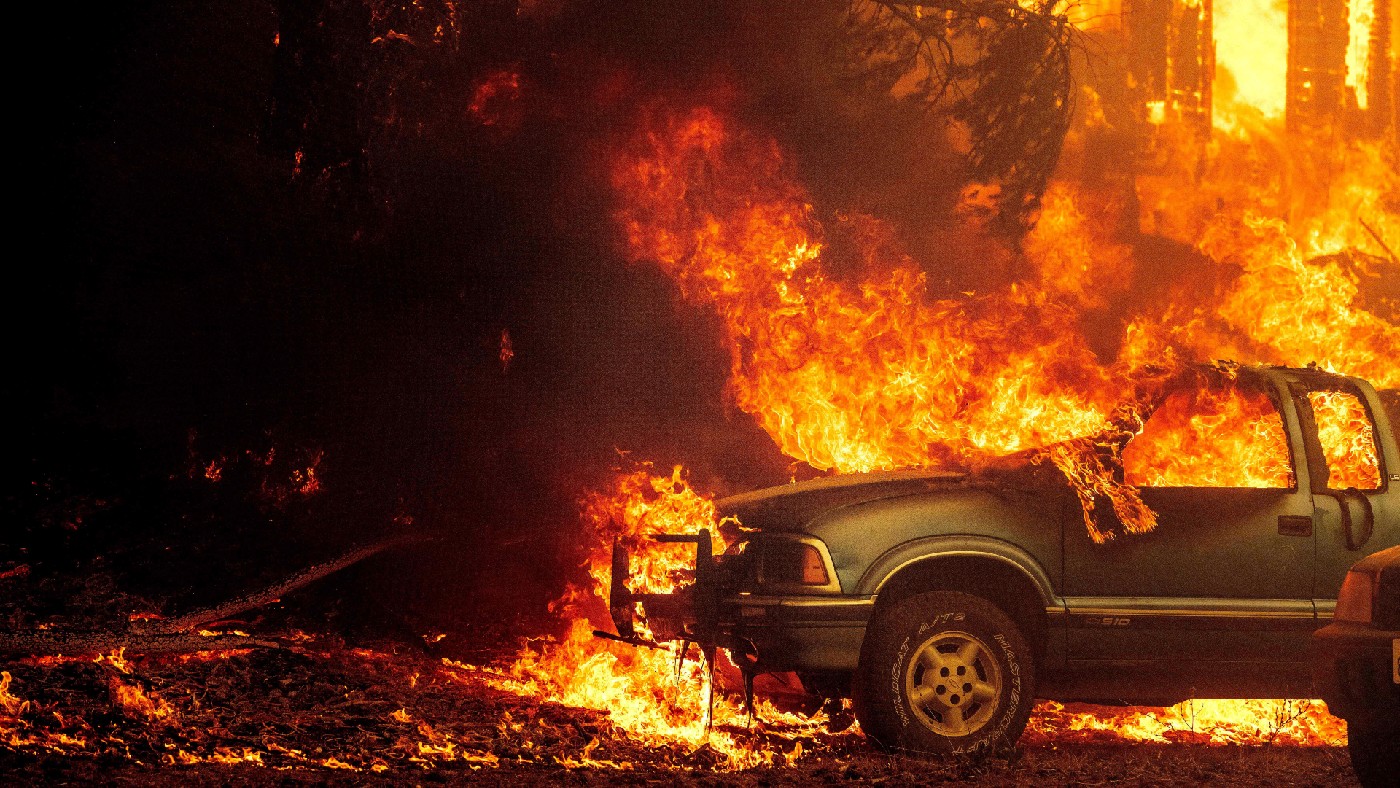 Fires, floods and storms: America’s ‘permanent emergency’ has begun
Fires, floods and storms: America’s ‘permanent emergency’ has begunSpeed Read This summer of climate horror feels like the ‘first, vertiginous 15 minutes of a disaster movie’, says The New York Times
-
 Hot air and empty rhetoric: is the UK acting too slowly on climate change?
Hot air and empty rhetoric: is the UK acting too slowly on climate change?Speed Read ‘Every day, new evidence accumulates that humanity is on an unsustainable path’
-
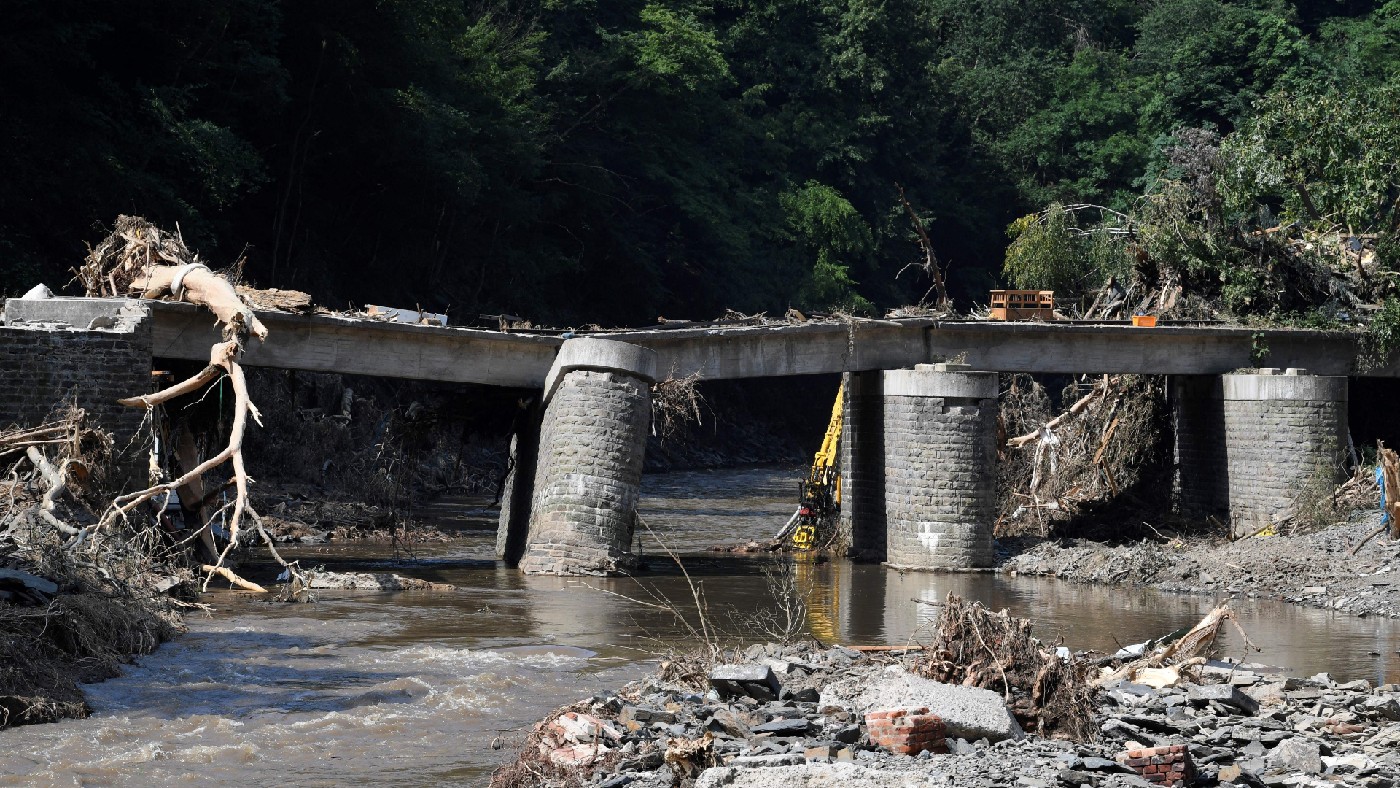 Germany floods: what led to this ‘once-in-a-century’ disaster?
Germany floods: what led to this ‘once-in-a-century’ disaster?Speed Read Nearly 200 people died in Germany and Belgium; hundreds are still unaccounted for
-
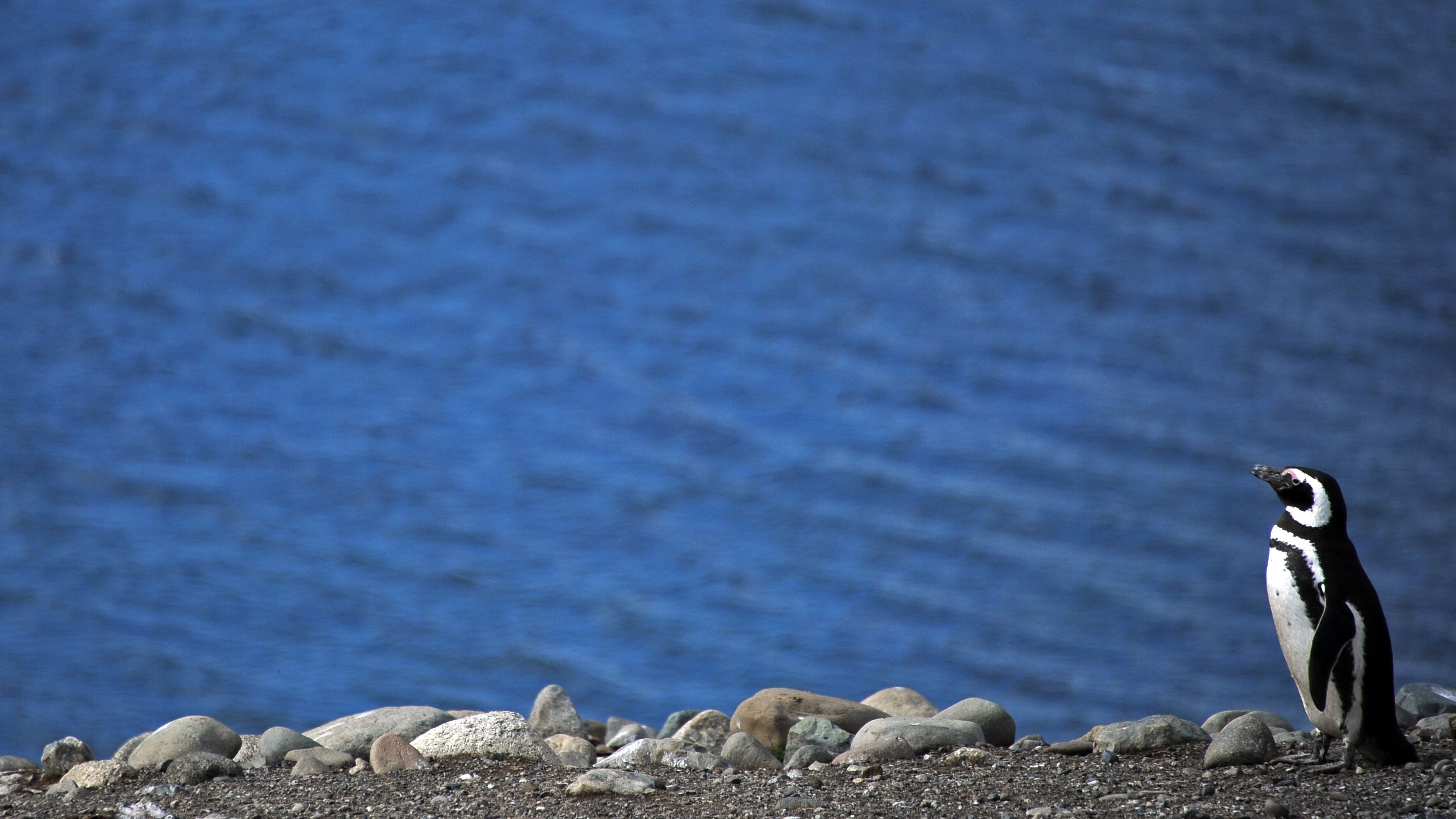 Penguin colony at risk as Somerset-sized iceberg bears down on British overseas territory
Penguin colony at risk as Somerset-sized iceberg bears down on British overseas territorySpeed Read Several species face starvation if the icy giant blocks access to feeding grounds
-
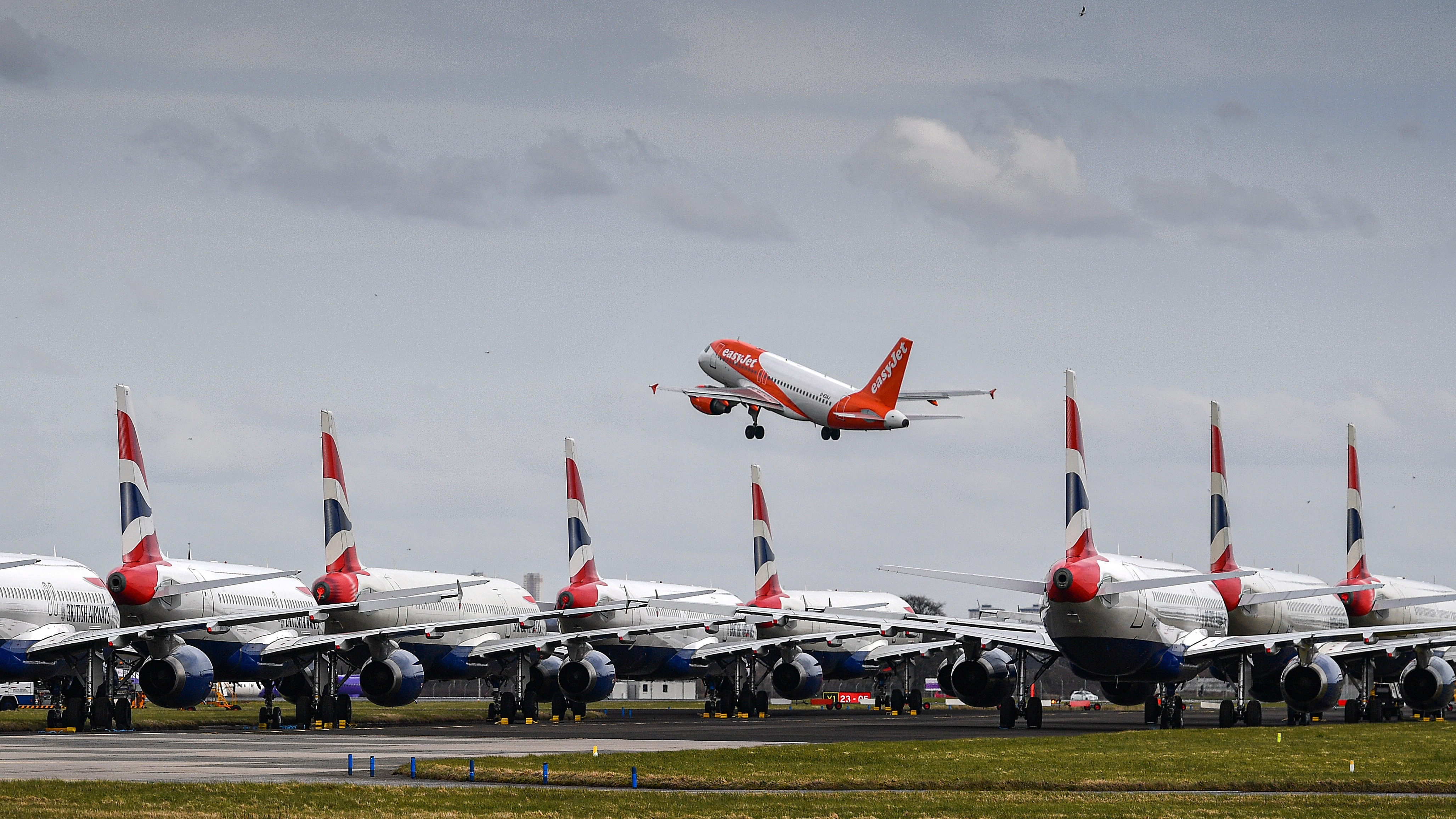 ‘Full of hot air’: climate experts exposed as academia’s most frequent flyers
‘Full of hot air’: climate experts exposed as academia’s most frequent flyersSpeed Read Study results trigger calls for environmentalists to ‘look in the mirror’
-
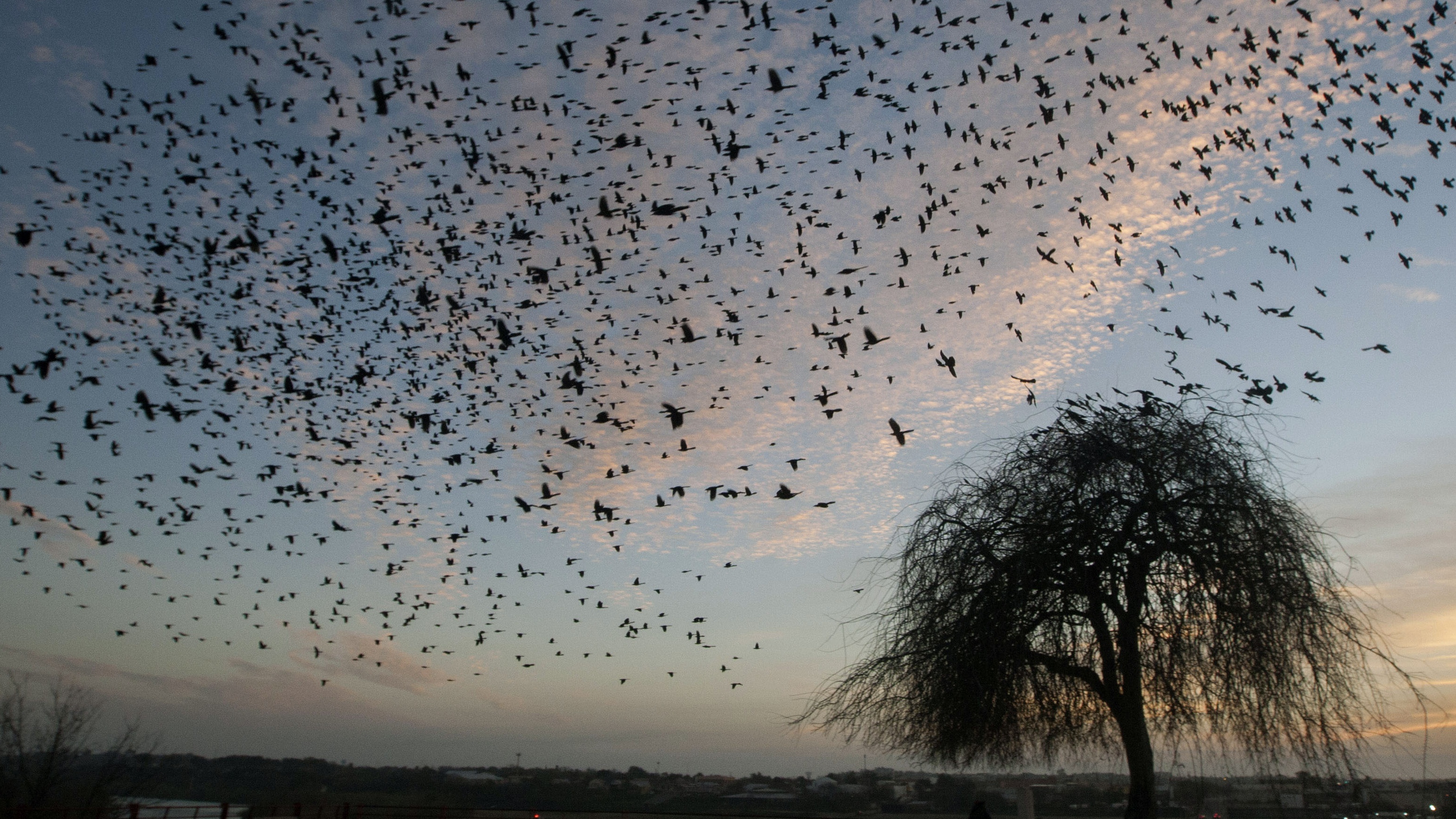 Mystery of millions of migrating birds dropping dead from US skies
Mystery of millions of migrating birds dropping dead from US skiesSpeed Read Some experts believe the West Coast wildfires may be to blame for ‘unprecedented’ mass bird deaths in New Mexico
-
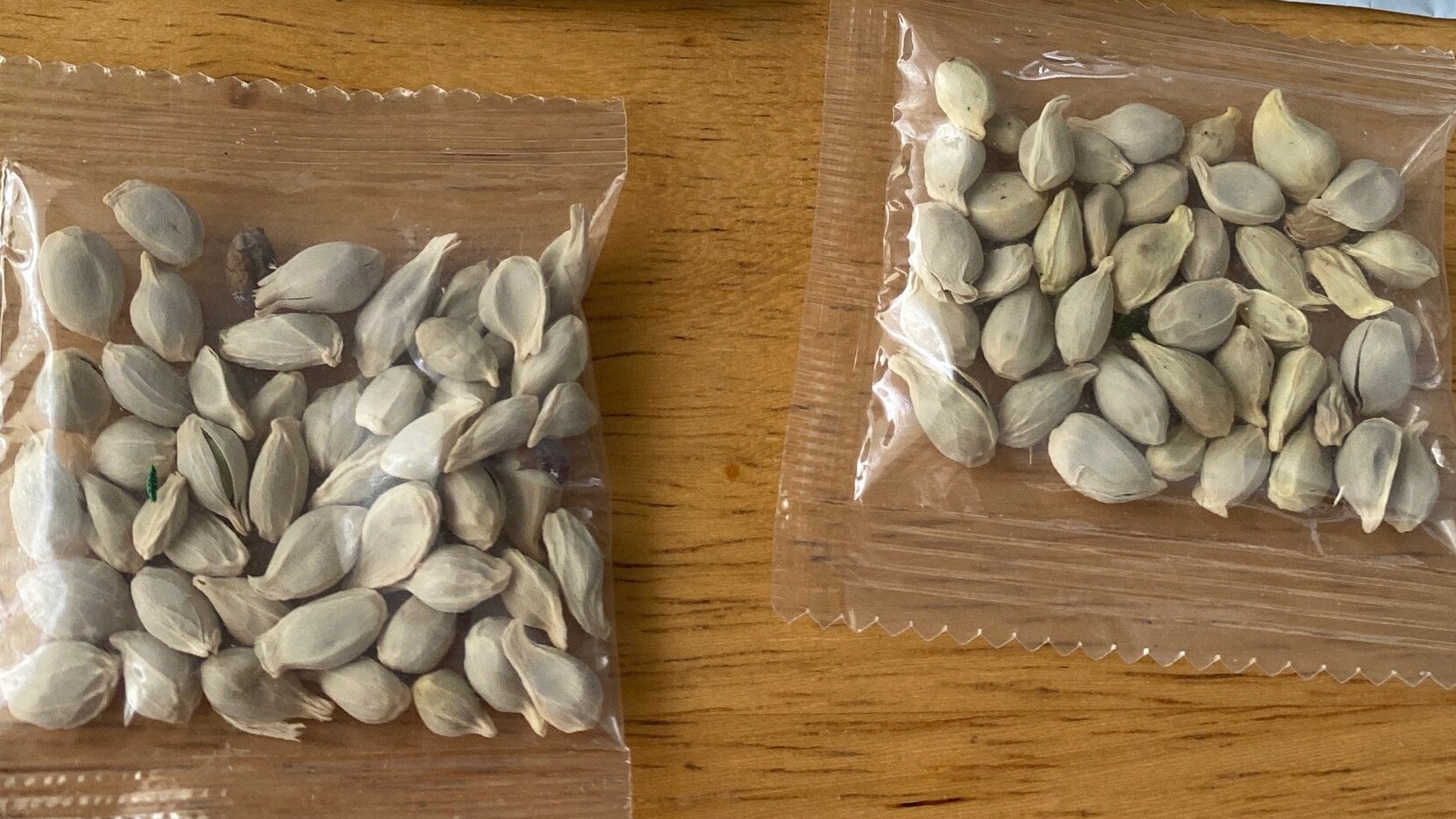 Americans warned not to plant mystery seeds being sent to homes nationwide from China
Americans warned not to plant mystery seeds being sent to homes nationwide from ChinaSpeed Read Officials say the unsolicited packages have been mailed to residents in at least 27 US states